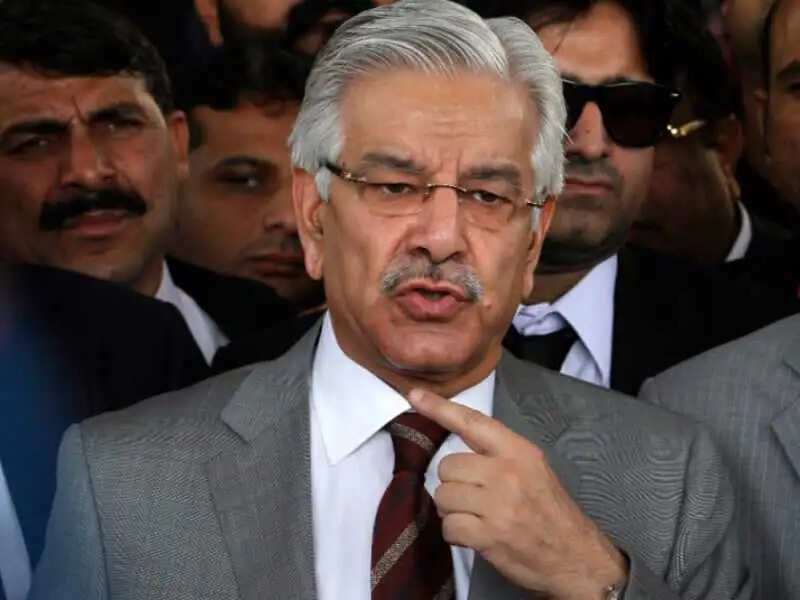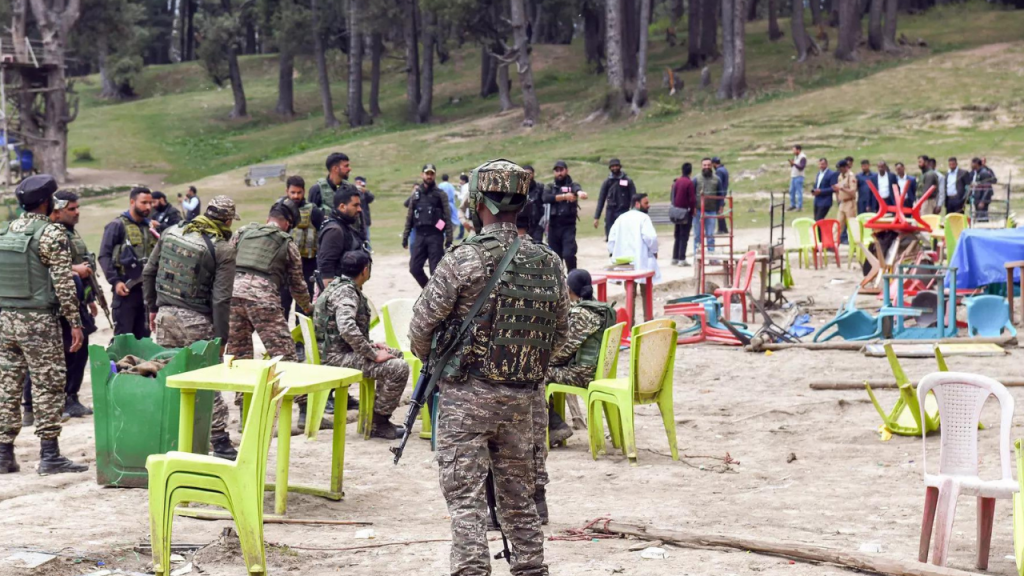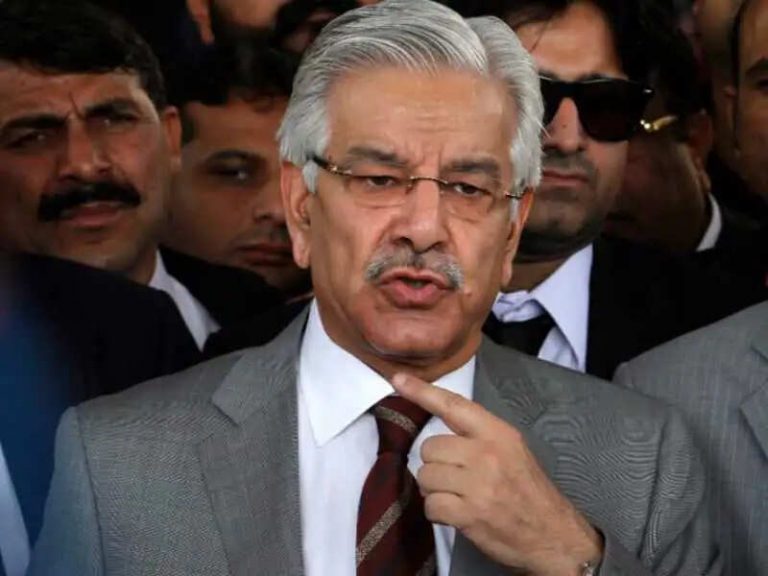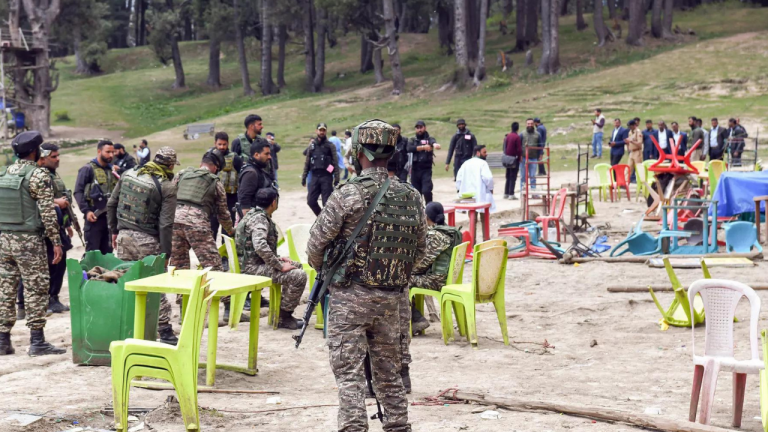After the fall of the Soviet Union, Ukraine inherited a significant nuclear stockpile. Despite possessing these nuclear weapons, Ukraine chose to relinquish them due to financial burdens and geopolitical risks. The 1994 Budapest Memorandum, which promised security guarantees to Ukraine, proved to be unreliable when Russia annexed Crimea and supported separatists in Ukraine. The current Russia-Ukraine conflict underscores the vulnerabilities of Ukrainian security without nuclear deterrence. The decision to give up nuclear weapons has left Ukraine exposed and dependent on other nations for security. The country now faces ongoing challenges in safeguarding its sovereignty and territorial integrity. The repercussions of this choice continue to reverberate, with Ukraine navigating a complex geopolitical landscape. The need for strong alliances and diplomatic support is crucial for Ukraine as it contends with external threats. The global community watches closely as Ukraine grapples with the consequences of its nuclear disarmament. The situation serves as a reminder of the enduring complexities of international relations and the delicate balance of power. In the face of escalating tensions, Ukraine’s security concerns remain a focal point for policymakers and analysts alike. The lessons learned from Ukraine’s nuclear disarmament offer valuable insights into the broader discourse on nuclear proliferation and national security strategy.
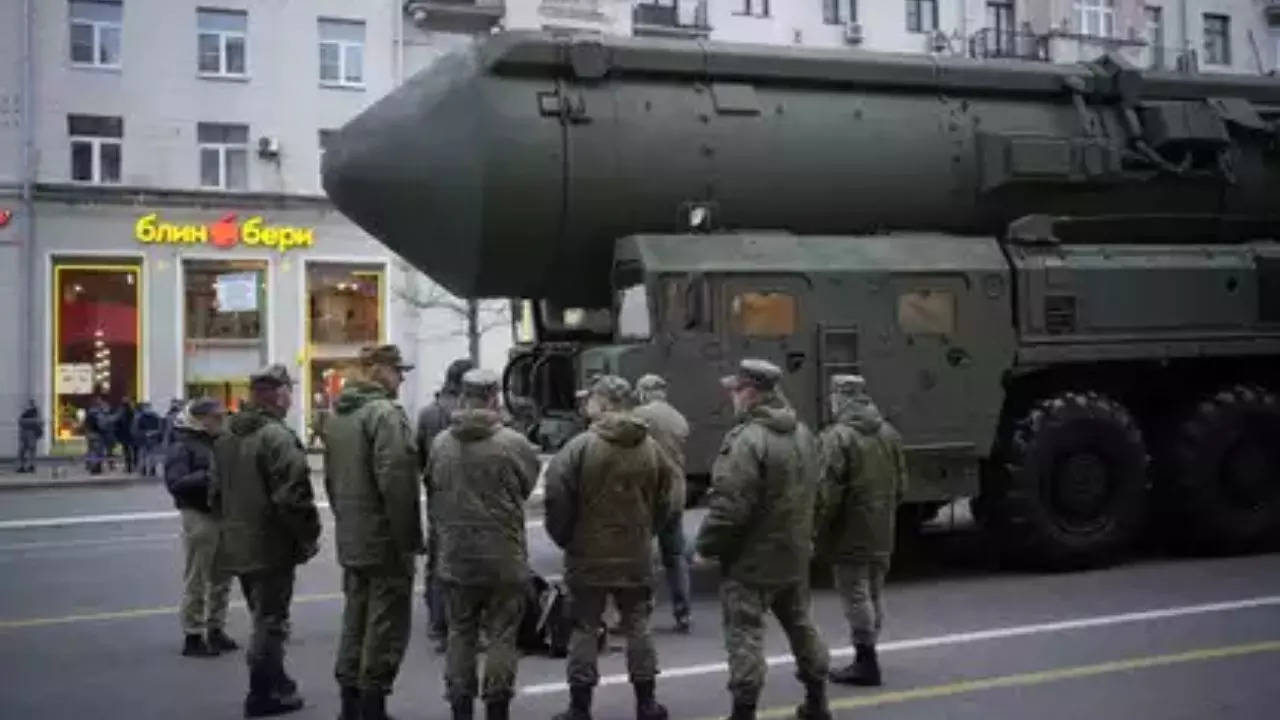
Posted in
JUST IN
Ukraine’s Nuclear Disarmament and Security Vulnerabilities Amid Russia-Ukraine Conflict: A History and Analysis
In Trend









